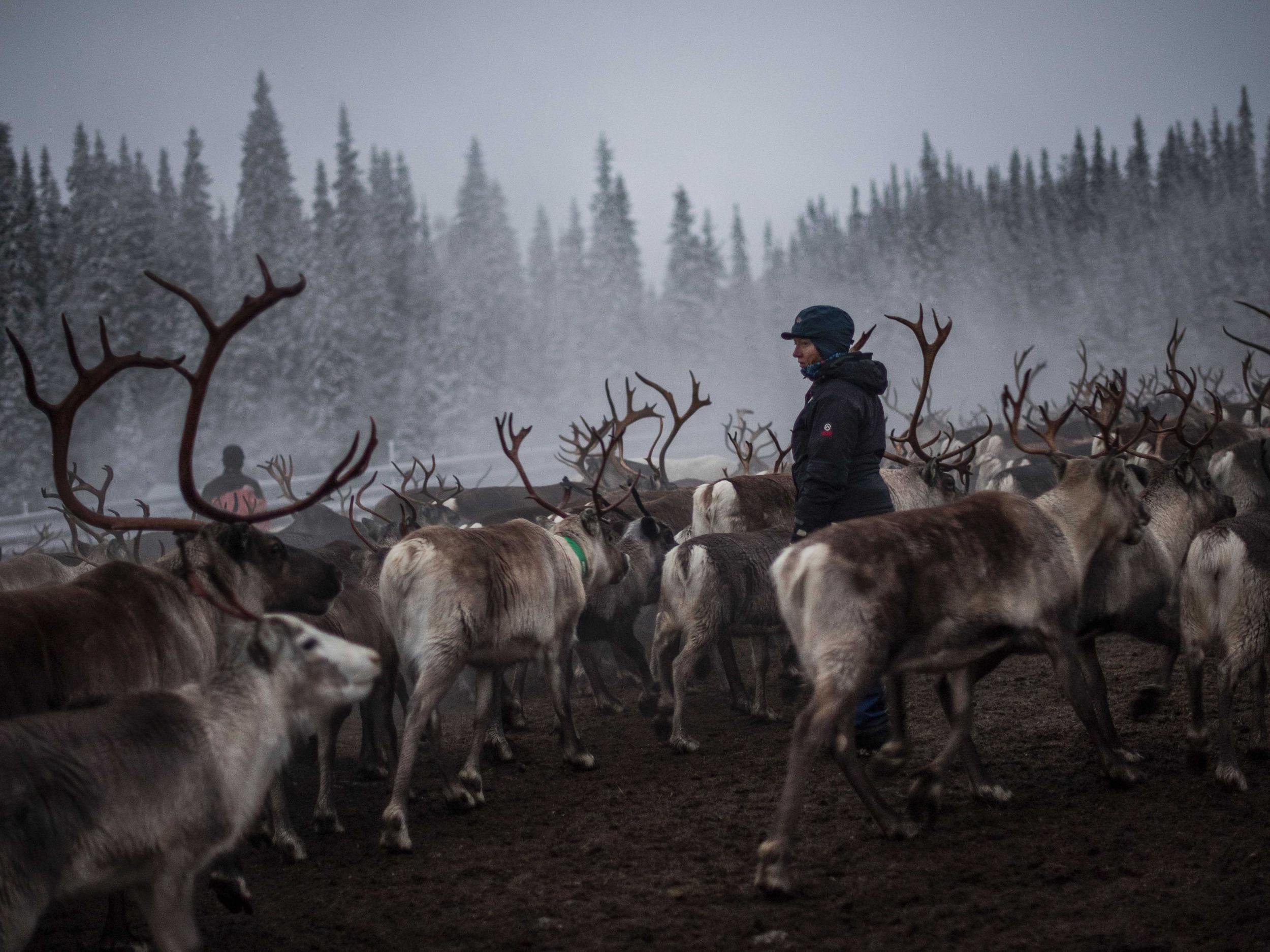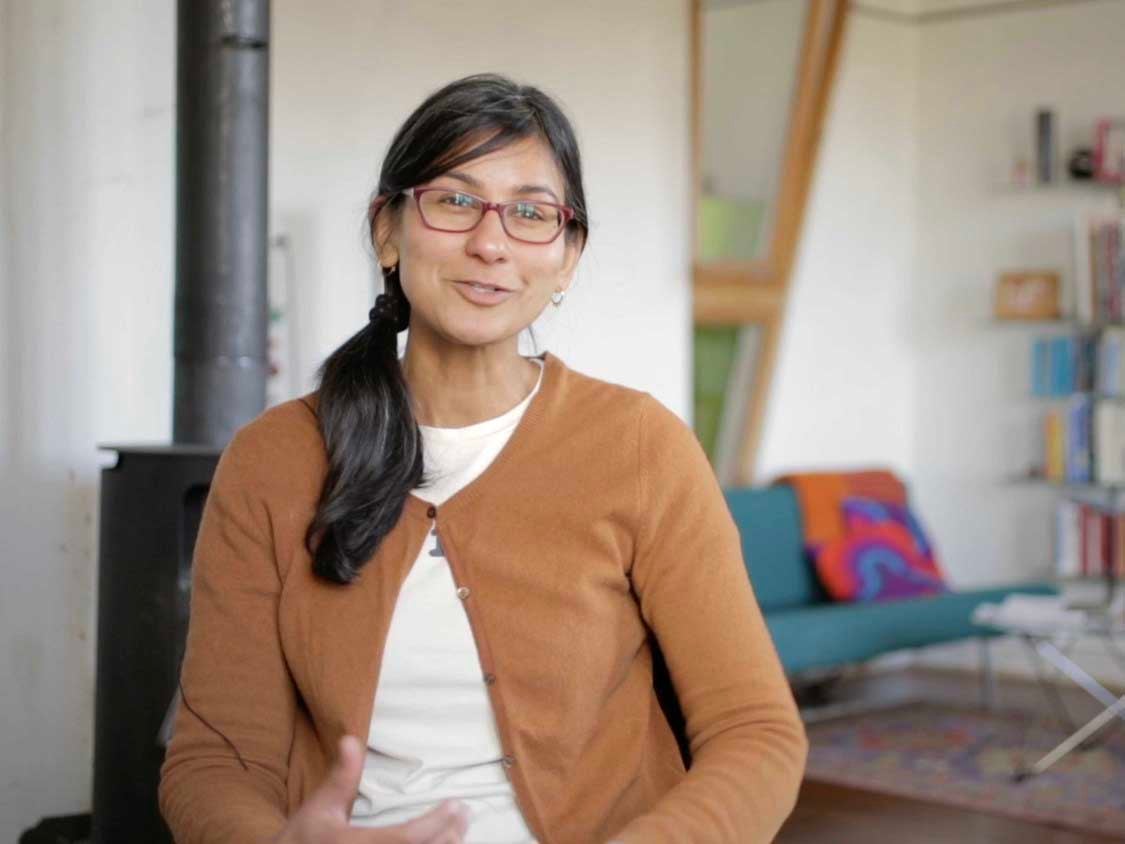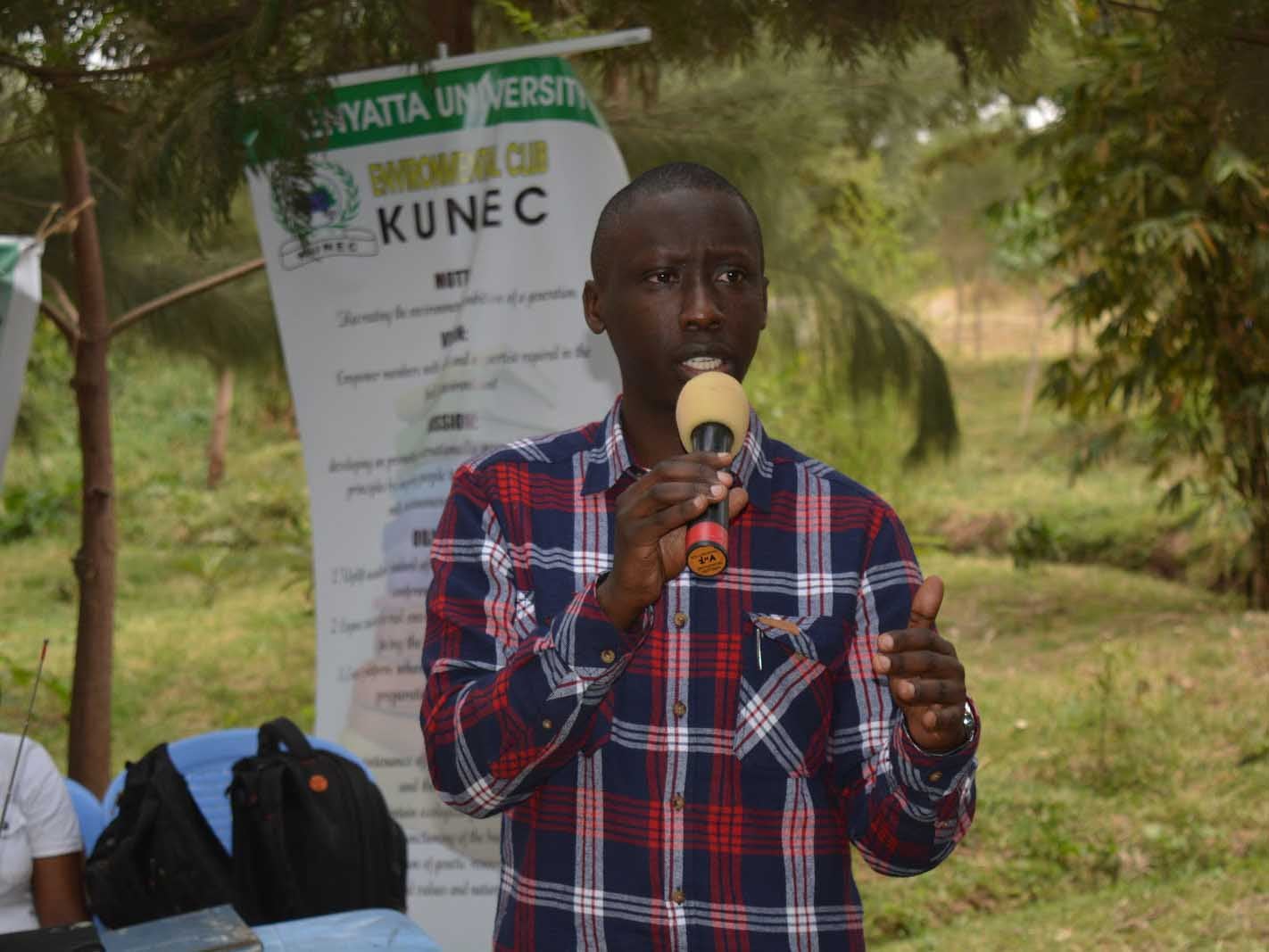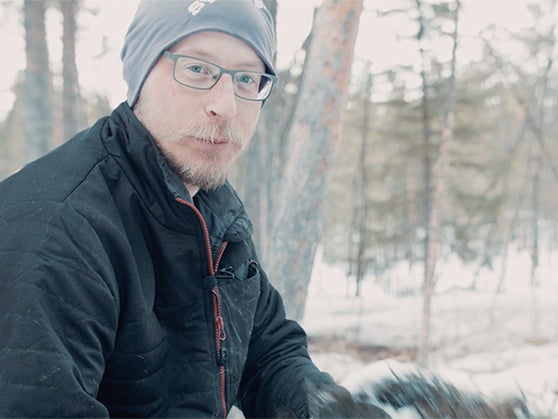‘It’s a matter of survival’: Activists from the Arctic to Pacific islands fear life beyond 1.5C warming
'It’s the ultimate injustice that the communities that are least responsible for climate change are the ones suffering the worst impacts'

Your support helps us to tell the story
From reproductive rights to climate change to Big Tech, The Independent is on the ground when the story is developing. Whether it's investigating the financials of Elon Musk's pro-Trump PAC or producing our latest documentary, 'The A Word', which shines a light on the American women fighting for reproductive rights, we know how important it is to parse out the facts from the messaging.
At such a critical moment in US history, we need reporters on the ground. Your donation allows us to keep sending journalists to speak to both sides of the story.
The Independent is trusted by Americans across the entire political spectrum. And unlike many other quality news outlets, we choose not to lock Americans out of our reporting and analysis with paywalls. We believe quality journalism should be available to everyone, paid for by those who can afford it.
Your support makes all the difference.On Monday, climate scientists revealed to the world a report that laid out the planet’s future as the global thermometer continues to creep up.
Among the complicated figures and technical wording lies a stark reality. Life on Earth beyond 1.5C of global warming will become far more difficult, and we are currently on track to surpass this limit within just a couple of decades.
In the developed world it is easy to zone out the constant background hum from the climate science community warning of heatwaves, drought and sea level rise. Elsewhere, these events are harder to ignore.
“Climate change is a lived reality for many communities in the Pacific,” says Joseph Zane Sikulu, an activist and self-styled “Pacific climate warrior” of Tongan heritage.
“Our island ecosystems are suffering the most extreme impacts of climate change, with our homelands, cultures and traditional livelihoods being threatened by erosion, increased severity of natural disasters, sea levels rise, flooding, landslides, coral bleaching and ocean acidification.”
It was largely thanks to Pacific islanders such as Mr Sikulu that the latest UN report was commissioned in the first place.

At the landmark Paris climate agreement in 2015, a coalition of developing nations led by the Marshall Islands foreign minister Tony De Brum joined with richer countries to push for a more ambitious target they said would stop their homelands vanishing beneath the waves.
Though the final wording of the agreement mentioned keeping warming below 2C, it also said nations would “pursue efforts to limit the temperature increase even further to 1.5C”. Since then scientists have been scrambling to assess what 1.5C means for the people living on the front lines of climate change.
“1.5C is a red line for our survival,” Mr Sikulu says. “The impacts from climate change are significantly worse at 2C and limiting warming to 1.5C gives the best hope to keep our islands above water.”
While industrialised nations have been the engines driving climate change with their greenhouse gas emissions, it is communities in poorer parts of the world that stand to lose the most.

Regions that are lower lying, or are naturally subject to more extreme conditions, face a particularly bleak future if the world’s leaders cannot act decisively to halt warming.
“It’s the ultimate injustice that the communities that are least responsible for climate change are the ones suffering the worst impacts,” says Payal Parekh, programme director at campaign group 350.org.
Landry Ninteretse, a climate change activist from Burundi, says that “as an African, 1.5 is a matter of survival”.
“The reason this report matters is that it shows that life is significantly worse at 2C than 1.5C for people who are already suffering, and being an African – we are the most vulnerable continent to climate impacts and any kind of temperature rise beyond 1.5 will make our lives even worse.”
Droughts and other extreme weather will make life in many African countries tougher in the years to come, and this will be compounded by a decrease in yields for key crops such as maize and beans if warming creeps up to 2C.
Meanwhile, some of the most extreme effects of global warming will be felt on the other end of the temperature spectrum, above the Arctic Circle. For the indigenous people who rely on the polar environment for their livelihoods, this disruption represented a threat to traditions that go back centuries.

Saami reindeer herder Jonas Vannar explains that the increasingly unpredictable weather make it difficult for his animals to find a reliable source of lichen to eat. This shrinking grazing area is putting him into direct competition with nearby landowners.
“We are used to working with nature, and this is indigenous knowledge that has been handed down through generations,” he says.
“In these situations you learn from the elders how it is done, but now there have been several occasions where you can’t ask the elders ‘what shall we do now?’ because they have never experienced it.”
Communities like the Saami, living in close contact with nature, are inevitably those who suffer most from environmental extremes. However, the more warming that takes place, the more likely it will affect those living in the industrialised world as well.

After a summer of heatwaves and wildfire across the northern hemisphere, that time may already have arrived.
“I’m from India but now I live in Switzerland, and they were freaked out this summer by the fact it was over 30C for two months,” Ms Parekh says.
She says the conditions were so unusual they had convinced many farmers to drop their support for right-wing politicians who had downplayed the effects of climate change.
As the effects of global warming become more pronounced and obvious, they will inevitably lead to action as leaders frantically try to avert disaster. Hopefully, they will not be too late.
Join our commenting forum
Join thought-provoking conversations, follow other Independent readers and see their replies
Comments